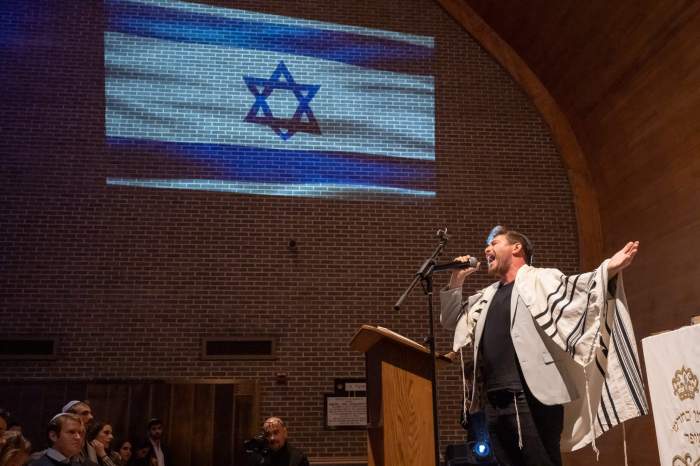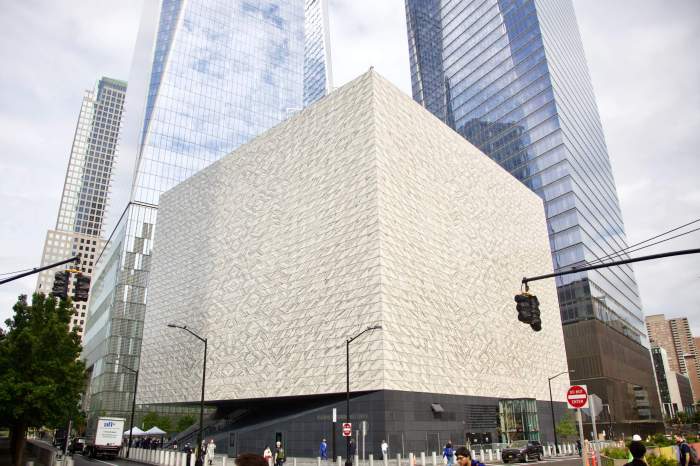Solving PEP problems
While other New York City parks may lack for adequate security, that can’t be said of Hudson River Park.
The 5-mile-long park is heavily policed by Park Enforcement Patrol officers that are contracted from the city Parks Department.
While most are glad the park has good security, concerns have been raised about overzealous enforcement by the officers for what are frequently only minor infractions, if even that. Dog walkers, for one, have complained of heavy-handed treatment.
In some cases, PEP’s have shown lack of understanding of basic rules governing the park. For example, after PEP’s would not allow a political candidate to collect petition signatures in the park, the Hudson River Park Trust issued a permit to the candidate — to insure the PEP’s would know the activity was legal. Yet, signature gathering in a park is protected by the First Amendment, and no permit is required. On the other hand, another time, PEP’s took a regulation too literally, ticketing a gay couple standing under a “No Standing” sign — which applied to cars, not people.
We know the PEP’s are just trying to do their job, and we appreciate it. However, Connie Fishman, the Trust’s president, has said the Trust will start giving the officers supplemental training. We think that’s just what is needed. If there is an issue of personnel turnover, then the Trust could compile a brief training manual.
After The Villager, Downtown Express’ sister publication, reported the petition incident, local politicians wrote Fishman expressing concern and to her credit, Fishman apologized, saying it was wrong to have issued the permit.
It’s disturbing to hear park users’ reports of “harassment” by park police. By the same token, visitors must realize the more respectful they are to the PEP’s the more likely this will be reciprocated.
Defense of the arts
When we went to press with our editorial last Wednesday, most of the Lower Manhattan Development Corporation’s board of directors were continuing their public silence on Gov. George Pataki’s unilateral and misguided decision to ignore the L.M.D.C.’s public process and reverse the decision to build a cultural building next to the planned World Trade Center memorial. We were happy that L.M.D.C. Chairperson John Whitehead and many of his colleagues on the board moved in the right direction Thursday and spoke out against the governor’s slap against public review. The L.M.D.C. board, led by Whitehead, must go further.
In order to maintain its relevance and more importantly, in order to make sure that the oft-stated goal to make Lower Manhattan better than it was before 9/11 is realized, the board, led by Whitehead, should insist that a vibrant cultural center remain in the W.T.C. plan. Pataki has effectively cut the cultural space in half but more room for the arts could and should be made on the office sites. Furthermore, arts organizations in the planned performance center and anywhere else at the W.T.C. must be free to program without guarantees never to offend anyone while they remain mindful of the sensitivities connected to the site.
google_ad_client = “pub-6226499064891091”;
google_ad_width = 468;
google_ad_height = 60;
google_ad_format = “468x60_as”;
google_ad_channel =”0606561524″;
google_color_border = “336699”;
google_color_bg = “FFFFFF”;
google_color_link = “0000FF”;
google_color_url = “008000”;
google_color_text = “000000”;
//–>
src=”https://pagead2.googlesyndication.com/pagead/show_ads.js”>
WWW Downtown Express

















